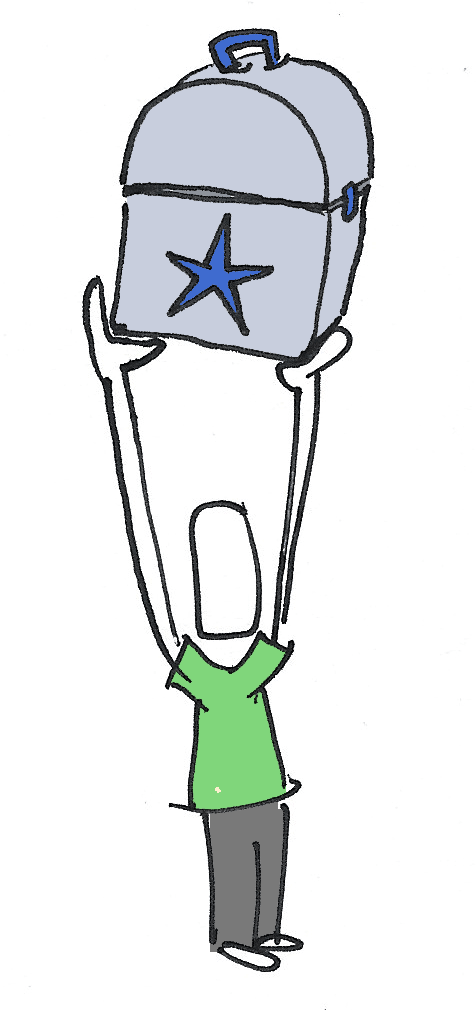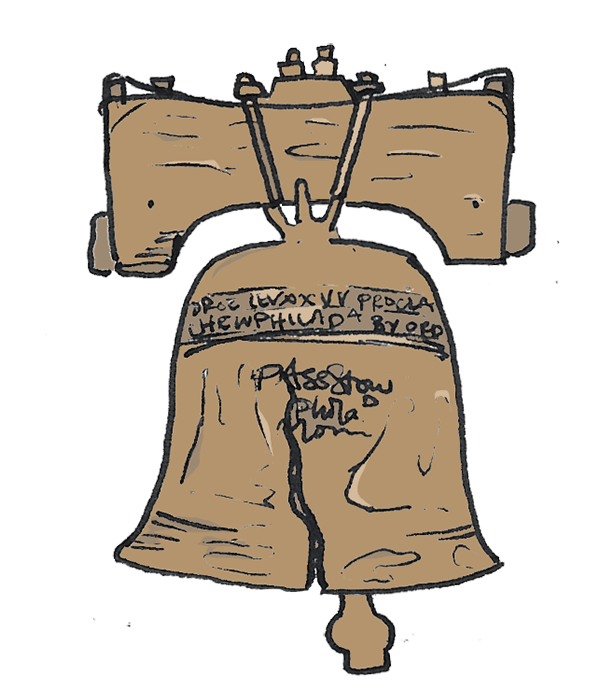Vision:
By September 2020 “The War on Drugs” will be officially over globally, nationally, and locally.
The Challenge:
A criminal justice system that reflects scientific understanding of opioid use and targets criminal elements associated with the pain-opioid epidemic.
Background:
The War on Drugs is an American term commonly applied to a campaign of prohibition of drugs, military aid, and military intervention, with the stated aim being to reduce the illegal drug trade. This initiative includes a set of drug policies that are intended to discourage the production, distribution, and consumption of psychoactive drugs that the participating governments and the UN have made illegal.
The term was popularized by the media shortly after a press conference given on 18 June 1971, by United States President Richard Nixon—the day after publication of a special message from President Nixon to the Congress on Drug Abuse Prevention and Control—during which he declared drug abuse "public enemy number one". That message to the Congress included text about devoting more federal resources to the "prevention of new addicts, and the rehabilitation of those who are addicted", but that part did not receive the same public attention as the term "war on drugs".However, two years even prior to this, Nixon had formally declared a "war on drugs" that would be directed toward eradication, interdiction, and incarceration. Today, the Drug Policy Alliance, which advocates for an end to the War on Drugs, estimates that the United States spends $51 billion annually on these initiatives.
In this section we well explore the Drug War and discuss the role of the citizen within it.
1. Learn about the problem
2. The stakeholders
3. Is your representative supporting this bill? DO they have alternatives

Published on Jul 28, 2016
U.S. Senator Richard Durbin at the National Constitution Center discribes the origins of the crack cocaine laws and "the way laws are made."

Citizen Brief
"The War on Drugs": Law enforcement-legal aspects of the war on drugs
The Citizen Brief explores the Drug War and implications for public policy:
1. What is the War on Drugs
2. History of the War on Drugs
3. Public health vs criminal justice approaches to the opioid epidemic
4. Citizen's tool box
Content will be in various forms including articles, infographs, interviews, links to other websites, video and other media forms.
What is the war on drugs? The war on drugs, explained
Vox May 8, 2016
In the 1970s, President Richard Nixon formally launched the war on drugs to eradicate illicit drug use in the US. "If we cannot destroy the drug menace in America, then it will surely in time destroy us," Nixon told Congress in 1971. "I am not prepared to accept this alternative."
Over the next couple decades, particularly under the Reagan administration, what followed was the escalation of global military and police efforts against drugs. But in that process, the drug war led to unintended consequences that have proliferated violence around the world and contributed to mass incarceration in the US, even if it has made drugs less accessible and reduced potential levels of drug abuse.
Federal Government Resources
History of the federal response to the opioid/ pain challenge
Heroin and the war on drugs, circa 1970. What it was like, and how it was covered, in this retro report on the start of a war that shows no signs of being won.
THE NEW YORK TIMES
The first Congressional Act took place in 1890 that levied taxes on morphine and opium. From that time on the Federal Government has had a series of laws and acts directly aimed at opiate use, abuse and control.
Go to History of Opioid/Pain Effort
How the War on Drugs Makes People Eat Other People’s Faces After Stabbing Them to Death
If we don't want people using bizarre new synthetic drugs, maybe we should rethink drug prohibition.
This American War on Drugs
A full hour on the history of the war on drugs, common myths about addiction, and how the media fuels drug panics. Apr 14, 2017
The Biological Case
Myths and Realities of Drug Addiction, Consumption, and Crime by Theodore Dalrymple
I used to support legalizing all drugs. Then the opioid epidemic happened.
America’s worst drug crisis shows what can happen when a dangerous, addictive substance is made easily accessible. German Lopez April 2017 Vox
Prisoners of Parole, Jeffery Rosen
The HOPE program, if widely adopted as a model for probation and parole reform, could make a surprisingly large contribution to reducing the prison population. In many states, the majority of prison admissions come not from arrests for new crimes, as you might think, but from probation and parole violations.
Fragments Were What I Had Available to Me: Talking to Danielle Allen
The majority of addicts referred from law enforcement need a simple and clear choice: Jail or Treatment
Carl Hart, Associate Professor of Psychiatry and Psychology at Columbia University, offers a provocative, evidence-based view of addiction and discusses how it should impact drug policy.
The Law Enforcement Case
The Global Perspective
Neill Franklin: Interview about his experience wiht the Drug War
Why the World Will Debate the War on Drugs
In this Open Society Foundations video, a galaxy of experts—including former national presidents and leading reformers from Africa, Asia, Europe and the Americas—frame the consequences of the War on Drugs. They also highlight some of the inspiring examples of international progress that UNGASS 2016 can showcase.
Lancet Hopkins Public health and international drug policy
The LSE Report on the Impact of the War on Drugs
The drug war in the Philippines
The Historical Case
In April's edition of Harper's Magazine, Dan Baum has examined a new response to this latest addiction problem: the legalization of drugs.
NPR's Linda Wertheimer asks Baum about how he began to delve into the topic of America's war on drugs and why he calls attempts at legalization a big risk based on our approach to solving the widespread problem.
The Economic Case
US: Disastrous Toll of Drug Use Criminalization
Enforcement Destroys Families, Undermines Health
Wednesday 12th Oct 2016
(Washington, DC, October 12, 2016) – The massive enforcement of laws criminalizing personal drug use and possession in the United States causes devastating harm, Human Rights Watch and the American Civil Liberties Union (ACLU) said in a joint report released today. Enforcement ruins individual and family lives, discriminates against people of color, and undermines public health. The federal and state governments should decriminalize the personal use and possession of illicit drugs.
The report, “Every 25 Seconds: The Human Toll of Criminalizing Drug Use in the United States,” finds that enforcement of drug possession laws causes extensive and unjustifiable harm to individuals and communities across the country. The long-term consequences can separate families; exclude people from job opportunities, welfare assistance, public housing, and voting; and expose them to discrimination and stigma for a lifetime. While more people are arrested for simple drug possession in the US than for any other crime, mainstream discussions of criminal justice reform rarely question whether drug use should be criminalized at all.
The House I Live In
Have a thing for watchdog journalism calling out the U.S. government? This documentary gives an in-depth look at the history of America’s war on drugs and how it has negatively affected poor, minority communities. What was once labeled as “government conspiracy” is explained, verified, and backed up in the award-winning documentary.
The Psychological Case
What really causes addiction — to everything from cocaine to smart-phones? And how can we overcome it? Johann Hari has seen our current methods fail firsthand, as he has watched loved ones struggle to manage their addictions. He started to wonder why we treat addicts the way we do — and if there might be a better way. As he shares in this deeply personal talk, his questions took him around the world, and unearthed some surprising and hopeful ways of thinking about an age-old problem.
Philip Seymour Hoffman Could Be Alive Today If The Drug War Were Over
The Power of Addiction and The Addiction of Power: Gabor Maté at TEDxRio+20
Canadian physician Gabor Maté is a specialist in terminal illnesses, chemical dependents, and HIV positive patients. Dr. Maté is a renowned author of books and columnist known for his knowledge about attention deficit disorder, stress, chronic illness and parental relations. His theme at TEDxRio+20 was addiction -- from drugs to power. From the lack of love to the desire to escape oneself, from susceptibility of the being to interior power -- nothing escapes. And he risks a generic and generous prescription: "Find your nature and be nice to yourself."
The Addict in All of Us: Dr. Gabor Maté on the Problem We All Live With
Jay Z: ‘The War on Drugs Is an Epic Fail’
This short film, narrated by Jay Z (Shawn Carter) and featuring the artwork of Molly Crabapple, is part history lesson about the war on drugs and part vision statement. As Ms. Crabapple’s haunting images flash by, the film takes us from the Nixon administration and the Rockefeller drug laws — the draconian 1973 statutes enacted in New York that exploded the state’s prison population and ushered in a period of similar sentencing schemes for other states — through the extraordinary growth in our nation’s prison population to the emerging aboveground marijuana market of today. We learn how African-Americans can make up around 13 percent of the United States population — yet 31 percent of those arrested for drug law violations, even though they use and sell drugs at the same rate as whites.
Recorded on 15 February 2017 at Hong Kong Theatre, Clement House
As countries examine new ways of managing drug issues beyond the problematic and simplistic model of the 'war on drugs', this lecture will examine how LSE research, among others, can help impact and drive government policies. Drawing on a number of LSE IDEAS reports, including the Expert Group on the Economics of Drug Policy, a decision science based approach to ranking drug harms, the outcomes of the Lancet Commission on Drug Policy, and an examination of cannabis reclassification in the UK we will examine new methods for evaluating and managing global drug issues.
The International Drug Policy Project (IDPP) is a cross-regional and multidisciplinary project, designed to establish a global centre for excellence in the study of international drug policy.
By utilising LSE's academic expertise and networks, IDPP fosters new research, analysis and debate of global drug policies as well as training of LSE’s world-class students. Further, through developing innovative social science research methods and evidence analysis, it helps design and implement new policies at local, national, regional and international levels.
The Moral Case: The Political Economics Case
Professor Friedman eloquently puts forward a compelling case for ending the drug war. (1991).
A prosecutor's vision for a better justice system | Adam Foss
